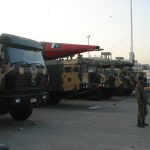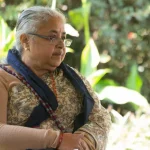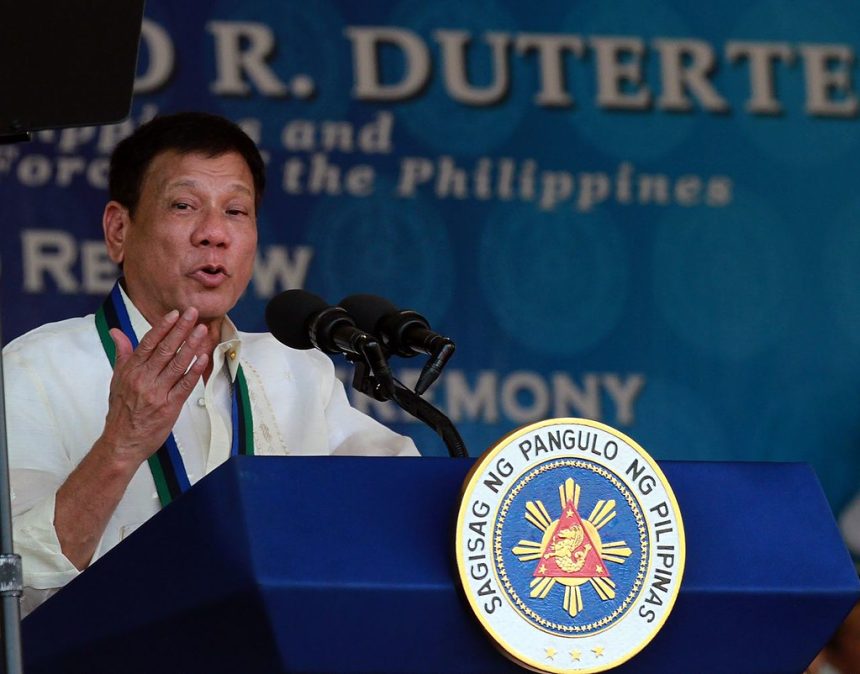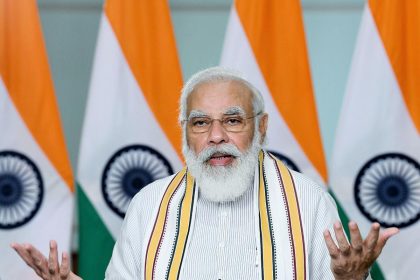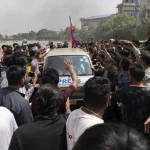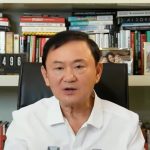Former Philippine President Rodrigo Duterte has secured a landslide victory in the Davao City mayoral election, despite being detained at the International Criminal Court (ICC) in The Hague on charges of crimes against humanity. This unprecedented electoral outcome underscores Duterte’s enduring influence in his political stronghold.
Landslide Victory Amid Detention
Preliminary results indicate that Duterte garnered over 400,000 votes, surpassing his nearest rival by a significant margin. With 80% of ballots counted, his lead remains insurmountable . This marks a remarkable return to local politics for the 80-year-old, who previously served as Davao’s mayor for over two decades before his presidency.
Duterte’s arrest in March 2025, under an ICC warrant for alleged crimes committed during his controversial “war on drugs,” did not deter his supporters. His campaign was symbolically led by family members and loyalists, with rallies and public displays of support evident throughout Davao City.
Legal and Political Implications
While Philippine law permits individuals to run for office unless convicted with no remaining appeals, Duterte’s ability to assume the mayoral post remains uncertain due to his detention. His daughter, Vice President Sara Duterte, has indicated that plans are underway to facilitate his swearing-in, despite the logistical challenges posed by his incarceration.
The Duterte family’s political influence remains robust. Sara Duterte faces an impending Senate impeachment trial, while Duterte’s sons, Sebastian and Paolo, have secured local positions, further entrenching the family’s presence in Philippine politics.
National Political Landscape
The 2025 midterm elections have highlighted the ongoing rivalry between the Duterte and Marcos political dynasties. While Duterte loyalists have made gains, the overall results suggest a shifting political landscape, with opposition candidates performing unexpectedly well.
The outcome of Sara Duterte’s impeachment trial could significantly impact the family’s political future, particularly her prospects for the 2028 presidential election. A conviction would bar her from holding public office, potentially altering the trajectory of Philippine politics.
Conclusion
Rodrigo Duterte’s electoral victory from an international detention facility is a testament to his enduring appeal among segments of the Filipino electorate. As legal proceedings continue, the implications of his win will resonate throughout the nation’s political and judicial systems, potentially redefining the boundaries of political accountability and public support.


